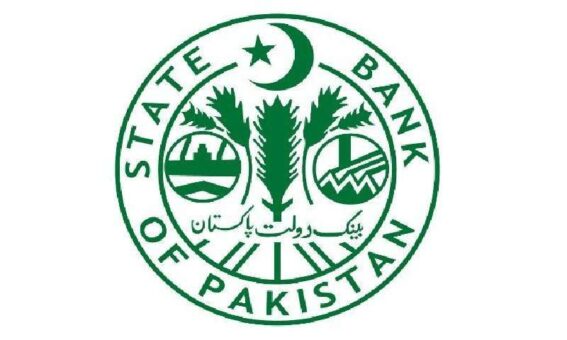KARACHI, August 14, 2025 – The State Bank of Pakistan (SBP) has issued a detailed directive requiring banks to enhance their customer due diligence (CDD) processes for all clients engaged in trade-related activities.
Under the updated framework for managing the risks of Trade-Based Money Laundering (TBML) and Terrorist Financing (TF), the central bank has made it clear that no trade-related services should be provided without a separate, trade-specific risk profile for each customer.
These instructions supplement SBP’s existing AML/CFT/CPF Regulations. The new guidelines require banks to carry out focused Know Your Customer (KYC) and CDD measures during onboarding of new trade clients and whenever existing customers initiate trade transactions. The risk profile must take into account scenarios where a client operates through multiple branches, with CNIC numbers serving as unique identifiers for sole proprietorships.
Due diligence will consider factors such as business structure, expected annual trade volumes, financial worth, goods or services traded, key foreign partners, jurisdictions, payment methods, related entities, chamber memberships, third-party transactions, red flags, beneficial ownership, account activity, adverse media coverage, and onsite business verification.
For importers, banks are instructed to obtain audited financial statements where applicable, or complete asset, liability, income, and expense details in other cases. Annual tax returns, including wealth statements when required, must also be submitted. Non-compliance will result in the halting of trade transactions.
The SBP has further directed banks to:
• Review and analyze submitted financial statements and tax returns carefully, ensuring they align with the customer’s declared trade activity and account transactions.
• Refer exceptional deviations to senior management before processing.
• Obtain written declarations from customers authorizing information sharing about overdue trade obligations or defaults with other institutions.
• Verify the customer’s trade history with other banks and consider overdue payments before approving trade facilities.
• Respond to other banks’ verification requests within seven working days, keeping proper records of such exchanges.
Each customer will be assigned a trade-related risk rating in addition to their general AML/CFT rating. Higher-risk clients will be subject to enhanced due diligence. Trade-related risk profiles must be reviewed periodically, at least every 18 months, or sooner if there are major changes in trade activities.
The SBP emphasized that when granting credit to a customer, the trade-related risk profile must be considered alongside general creditworthiness assessments. By tightening these requirements, the central bank aims to strengthen the financial sector’s defenses against TBML and TF while ensuring that trade transactions are carried out transparently and in compliance with both domestic and international regulatory standards.
